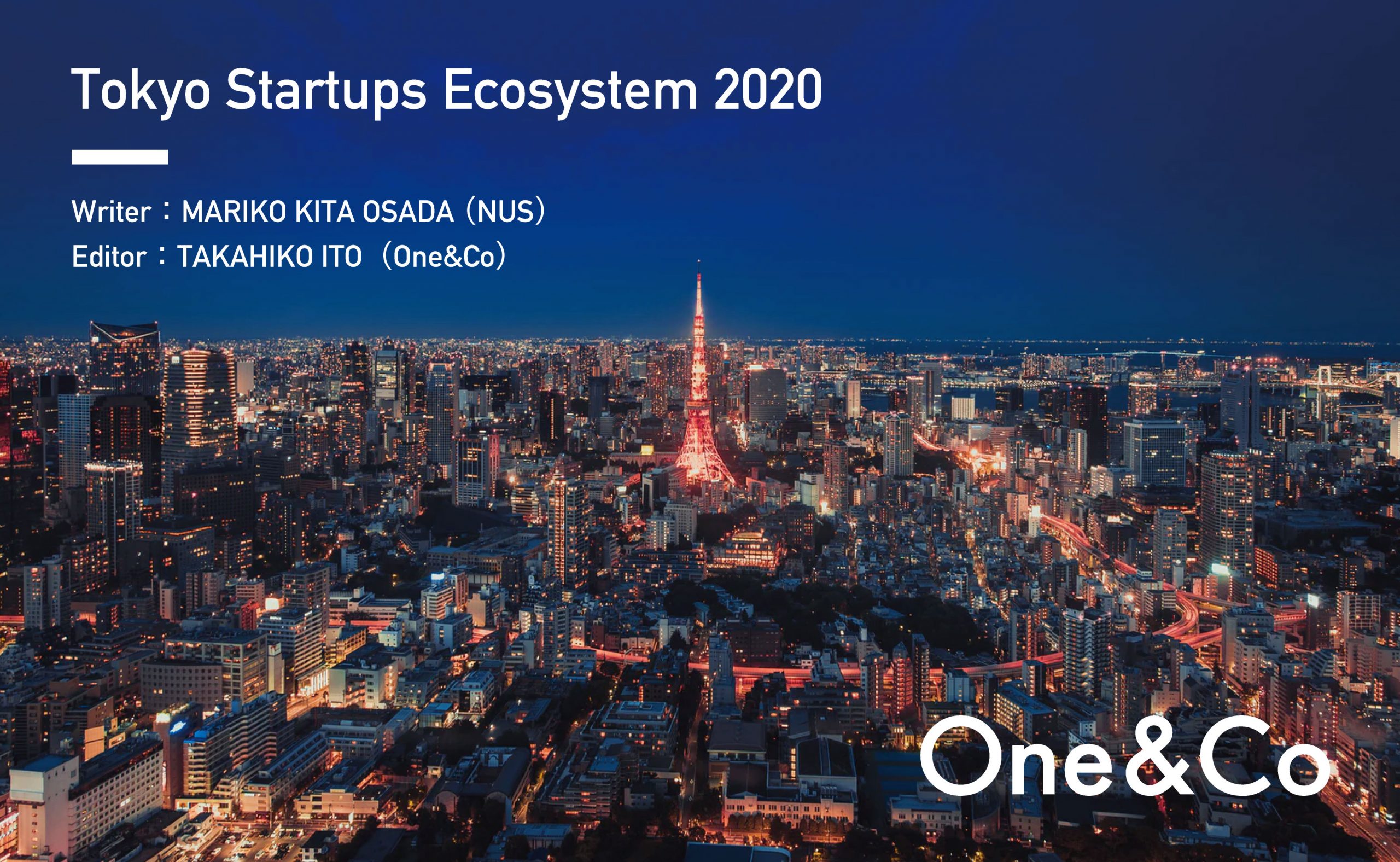



Japan seems to be too well known for its dramatic economic growth post World War 2, which changed itself rapidly to become the world’s second-largest economy. Although its economy has experienced stagnation for almost 30 years, the image of the good old days remains, and we still name huge companies such as Toyota and Sony as a representative of the Japanese Companies. So, are there any new startups that will have the potential to grow into next Toyota? Or, how big is the ecosystem of startups in Japan? Here we ascertain what is happening now in Japan.
The startup supporting environment in Tokyo improved in a decade and it is said to be amid the startup boom. The current number of startups in Japan is over 10,000 and the number is still growing. In “Global Startup Ecosystem Report 2019”, published by Startup Genome*, Tokyo increased its presence as one of the challenger startup ecosystems. Challenger startup ecosystems are ecosystems that come after Top 30 global ecosystems which Silicon Valley sits as a number one and Singapore follows, ranking 14.
Singapore resonates with Silicon Valley in a way it naturally flows talents into itself. It is positioning as the world’s financial hub in Southeast Asia brings the money into Singapore and gives a good foundation for startups to grow. Besides, the Singaporean government has been explicit backs entrepreneurship for more than two decades now, taking the initiative to develop the country into an innovation hub. The government’s friendly policies are one of the important factors that have increased the development of the ecosystem.
Compared with Singapore, clearly, Tokyo is one or more laps behind at the moment. However, Tokyo has been changing into a more friendly place for startups.
According to the report, a startup ecosystem is divided into 4 phases: Adaption, Globalization, Attraction, and Integration. Given that the ecosystem has grown in recent years, Tokyo categorized into the Early-Globalization stage for the first time. It is the initial stage of the second phase of the ecosystem lifecycle model. Hence, despite it could not to reach the Top 30, Tokyo has started to garner attention.
These positive changes are strongly driven by the local government. Accelerator programs are increasing the number and some programs allow non-Japanese startups to accelerate Japan’s market via Tokyo. The local government went far as to start government-driven programs for non-Japanese startups such as “Fintech Business Camp Tokyo“, and “J-startup“.
Therefore, although Tokyo is valued nearly to half of Singapore as a startup ecosystem at this moment, Tokyo has the momentum to grow, backed by the local government, and is beginning to create track records.
Is Tokyo the only city to look for? The answer is a positive “no”. Increasing numbers of incubation centers are established in other regions apart from Tokyo.
“THE SEED”, a venture capital based in Kyoto, specializing seed investment launched an incubation center called “SEEDKYOTO” in Kyoto to accelerate the startup community in the Kansai region. SEEDKYOTO has a technical development space with the latest VR device placed and members can use these free of charge.
“Hack Osaka” is a global conference of more than 700 participants from a diverse range of over 30 countries. It is organized by Osaka city, a city that is aiming to become an open innovation city. The conference is open to everybody and proactively strengthening the network among startup founders, investors, students, and big companies.
* “Startup Genome” is the world’s biggest startup ecosystem research company based in San Francisco.
Writer: MARIKO KITA OSADA(NUS)
Editor:TAKAHIKO ITO(One&Co)
Recommended: Tokyo 2020 Summer Olympics:A peek into the future of SportsTech